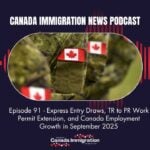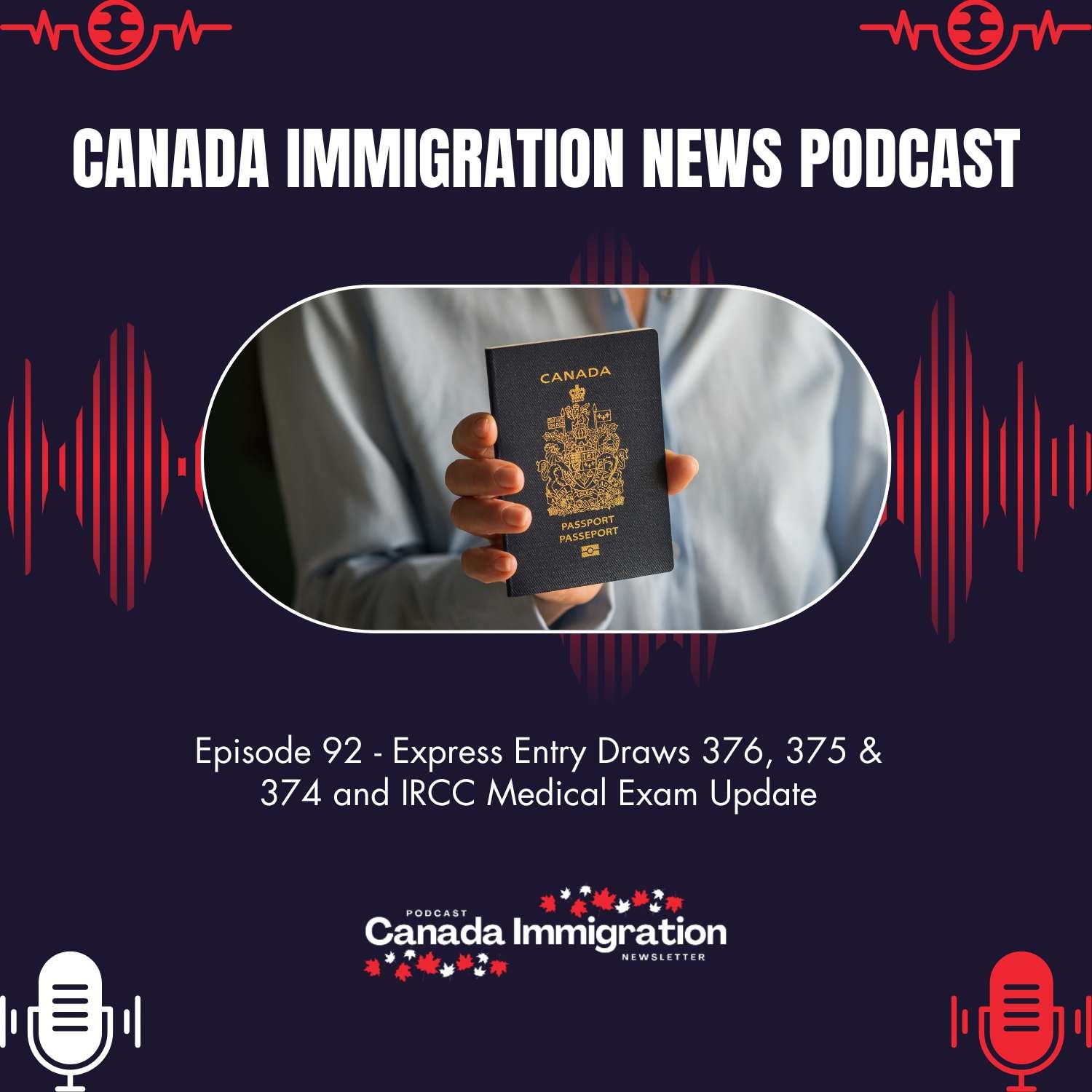PNP
Manitoba Invited 47 Skilled Workers in the New MPNP Draw

Manitoba invited skilled workers in the new MPNP draw on November 6, 2025, during invitation round #267, issuing 47 Letters of Advice to Apply across the Skilled Worker in Manitoba and Skilled Workers Overseas pathways. This latest round included 10 candidates who held valid Express Entry profile numbers and job seeker validation codes, contributing to the province’s total of 7,062 invitations so far in 2025.
Why Manitoba’s Invited Skilled Workers in the New MPNP Draw Matters
Round #267 was completely focused on candidates who had been directly contacted by the province through strategic recruitment initiatives or through the Temporary Public Policy that supports work permits for future provincial nominees. Manitoba broke down the 47 invitations in clear categories:
- 11 through Employer Services
- 18 through the Francophone Community initiative
- 12 through Regional Communities
- 4 from Ethnocultural Communities
- 2 under the Temporary Public Policy
Ten of these candidates also provided valid Express Entry information. Manitoba often blends its own selection criteria with federal standards to find applicants who can transition smoothly into the labor market.
A Quick Overview of the Latest MPNP Draw #267
While the numbers in this round appear compact, the selections are deliberately tight. The province does not pull from the wider Expression of Interest pool unless profiles match very specific criteria. Many candidates who believed they were eligible did not receive invitations because their language test numbers were missing, expired, or incomplete. Others claimed to have an Invitation to Apply but failed to include a valid invitation number. Manitoba urged candidates to double-check every EOI field, noting that even minor errors can remove a profile from consideration.
Another key point relates to regulated occupations. Manitoba reminded applicants that full licensing is a must. Anyone working in a regulated field but unable to provide proof of licensing during the full application stage may face refusal. The province even encouraged those individuals to decline their Letter of Advice to Apply if they cannot meet document requirements. It is a strict approach, but it keeps the system efficient and reduces delays for other applicants.
This round also reflects the province’s ongoing interest in regional development. The strong presence of invitations tied to regional communities and Francophone initiatives points to Manitoba’s push to support smaller towns and bilingual growth. Employers in these regions often rely on provincial pathways to find workers for industries like manufacturing, health care, and transportation.
Looking ahead, Manitoba is likely to maintain its focus on targeted draws rather than broad, high-volume selections. That means candidates should be ready with up-to-date language scores, complete employment histories, and accurate details about their recruitment invitations. Since the province is increasingly relying on strategic initiatives, staying connected to employer-led or community-led recruitment events can improve future selection chances. The latest draw reinforces Manitoba’s preference for precise recruitment that fits real labor needs, showing how the provincial nominee program keeps shifting toward accurate screening and targeted selection.























